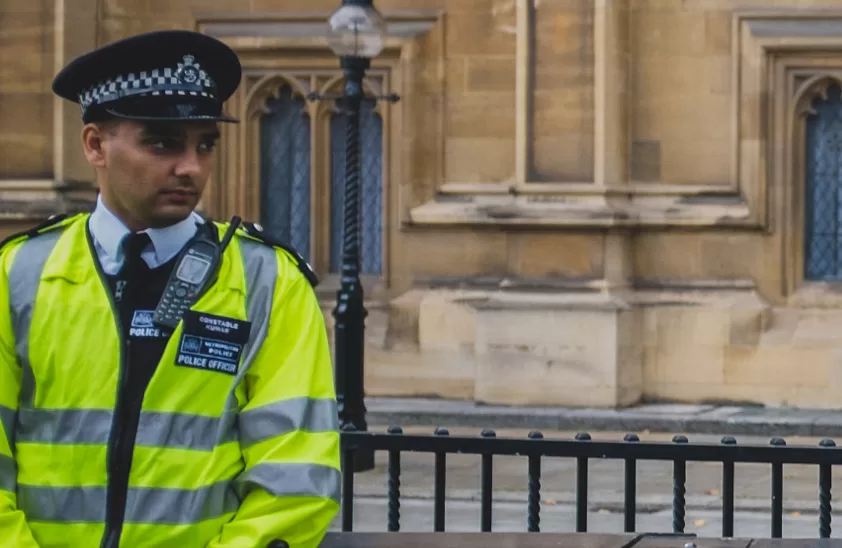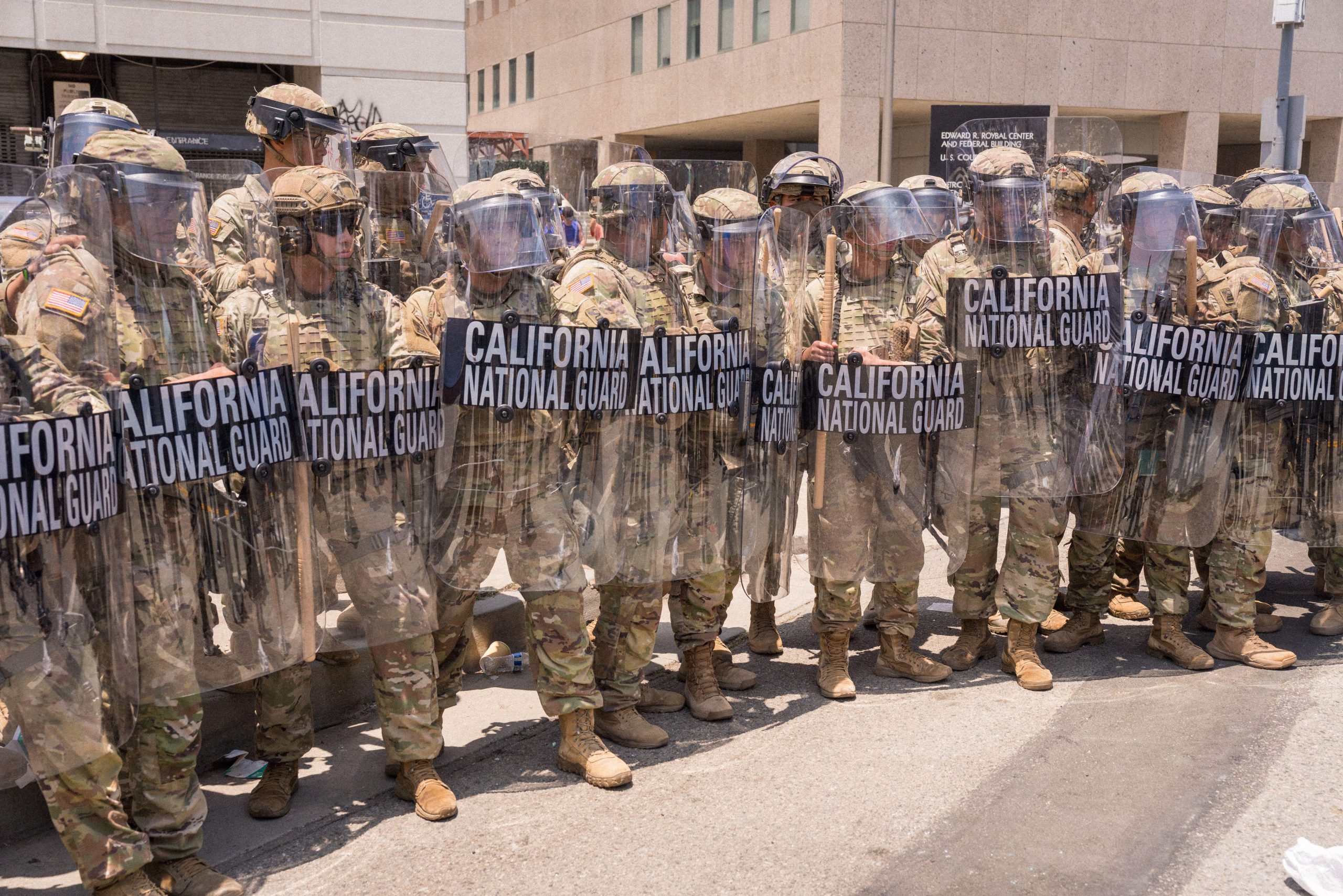I was a British MP from 2015 until 2019.
I was friends with Jo Cox and I knew Sir David Amess. I was involved in the effort to protect Rosie Cooper and was also a target for a huge amount of abuse and too many threats of violence to count. So the news in the last week, after months of stories about politicians being targeted because of a war thousands of miles away, of more reports of threats of violence to politicians at home and abroad isn’t just a news story for me – it’s been my life.
I love politics, for me it’s the main vehicle in a democratic society to change the world. It allows us to support people who need it and to challenge the status-quo. Elections are the frontline in a battle of ideas about the type of country and world we want to live in. Words dominate and debate makes all of us better. Elections are the bedrock of our democracy and our rights to freedom of expression. For me this is everything. Which means the participants need to feel safe to make those arguments – to challenge each other, to debate. This is the ultimate test of how robust our democracy really is.
However, recent events have shed light on a concerning trend: the increasing need for special police protection for individual politicians or even their withdrawal from political life due to threats on their lives because of what they believe.
Politicians like Mike Freer MP in the United Kingdom and Nikki Haley in the US, the last remaining serious challenger to Donald J Trump for the Republican Party nomination, have become appalling examples of the risks individuals face for daring to voice their convictions.
Mike Freer, the Member of Parliament for Finchley and Golders Green, has been subjected to vile threats and intimidation, culminating in his constituency office being firebombed. Unable to persuade him to change his views, extremists have sought to silence him through fear and intimidation. In response Mike Freer has understandably announced his retirement from politics at the next election.
Similarly, Nikki Haley, the Republican Party nominee vying for the presidency of the United States of America, has been thrust into a whirlwind of threats and intimidation due to her challenging Donald J. Trump for the nomination. She finds herself the focus of extremists who seek to undermine her campaign through fear and violence. Faced with the grim reality of constant danger, Haley has felt compelled to request secret service protection — a sobering indication of the challenges confronting modern democracy even at the highest levels of political discourse.
These stories are unfortunately increasingly common, British politicians now have a security assessment as standard. American politicians in a leadership role are provided with security protections. This is now common practice in nearly every western democracy.
The threats faced by Freer, Haley, and countless others are not isolated incidents but symptoms of a broader trend towards intolerance and extremism. In an era marked by polarisation and ideological division, the space for civil discourse is rapidly shrinking, replaced by a climate of hostility and intimidation. This not only undermines the democratic process but also erodes the very foundations of our society.
Since 1689 parliamentary privilege, otherwise known as protected free speech for parliamentarians, has been enshrined in British law, ensuring legal protections for political debate and opinion. It is an incredibly important core tenet of freedom of political speech. But this is for nothing if people are protected from being sued for making a political point – but not protected from violence.
As defenders of freedom of expression, it is incumbent upon us to confront this trend head-on and reaffirm our commitment to protecting the voices of those who dare to speak out, protecting those that seek to engage in our democracy. Politicians like Mike Freer and Nikki Haley should not have to live in fear for simply expressing their beliefs. We must stand in solidarity with them and demand that they be afforded the safety and security they deserve as public servants.
Politicians are the custodians of our national conversation – in turn we must be custodians of them.






